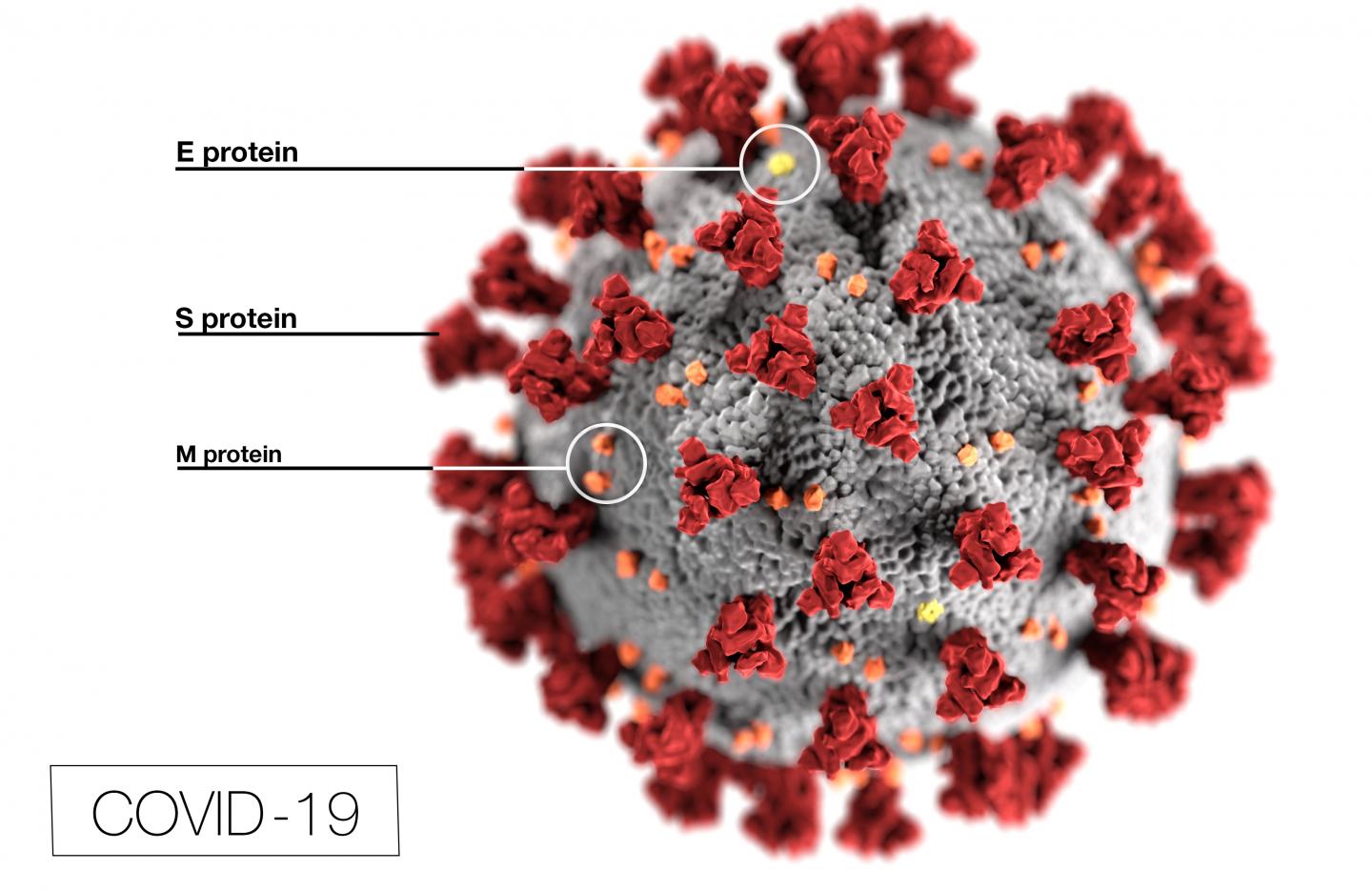Study Indicates That ACE Inhibitors And Angiotensin Receptor Blockers May Increase Risk Of Severe Covid-19. Hypertension and Cardiovascular Patients Should Take Note
Source: SARS-Cov-2 Research Mar 27, 2020 5 years, 10 months, 1 week, 6 days, 6 hours, 49 minutes ago
SARS-Cov-2 Research: Dr James Diaz, Professor and Head of Environmental Health Sciences at Louisiana State University Health and New Orleans School of Public Health, has proposed a possible explanation for the severe lung complications being seen in some people diagnosed with Covid-19.

His research findings was published in the
Journal of Travel Medicine.
https://academic.oup.com/jtm/advance-article/doi/10.1093/jtm/taaa041/5809509
It has already been confirmed that SARS beta coronaviruses, SARS-CoV, which caused the SARS (Severe Acute Respiratory Syndrome) outbreak in 2003 and the new SARS-CoV-2, which causes COVID-19, bind to angiotensin converting enzyme 2 (ACE2) receptors in the lower respiratory tracts of infected patients to gain entry into the lungs.
Typically viral pneumonia and potentially fatal respiratory failure may result in susceptible persons after 10-14 days.
Dr Diaz told Thailand Medical News, "Angiotensin-converting enzyme inhibitors (ACEIs) and angiotensin receptor blockers (ARBs) are highly recommended medications for patients with cardiovascular diseases including heart attacks, high blood pressure, diabetes and chronic kidney disease to name a few. Many of those who develop these diseases are older adults. They are prescribed these medications and take them every day."
New research in experimental models has shown an increase in the number of ACE2 receptors in the cardiopulmonary circulation after intravenous infusions of ACE inhibitors.
Dr Diaz explains, "Since patients treated with ACEIs and ARBS will have increased numbers of ACE2 receptors in their lungs for coronavirus S proteins to bind to, they may be at increased risk of severe disease outcomes due to SARS-CoV-2infections."
Dr Diaz stresses, this hypothesis is supported by a recent descriptive analysis of 1,099 patients with laboratory-confirmed COVID-19 infections treated in China during the reporting period, December 11, 2019, to January 29, 2020. This study reported more severe disease outcomes in patients with hypertension, coronary artery disease, diabetes and chronic renal disease. All patients with the diagnoses noted met the recommended indications for treatment with ACEIs or ARBs.
https://www.ncbi.nlm.nih.gov/pubmed/32109013
Dr Diaz commented that two mechanisms may protect children from Covid-19 infections cross-protective antibodies from multiple upper respiratory tract infections caused by the common cold-causing alpha coronaviruses, and fewer ACE2 receptors in their lower respiratory tracts to attract the binding S proteins of the beta coronaviruses.
https://www.researchgate.net/publication/340004217_Evolution_of_the_novel_coronavirus_from_the_ongoing_Wuhan_outbreak_and_modeling_of_its_spike_protein_for_risk_of_human_transmission
Dr Diaz further recommends future case-contro
l studies in patients with COVID-19 infections to further confirm chronic therapy with ACEIs or ARBs may raise the risk for severe outcomes.
However he cautions, "Patients treated with ACEIs and ARBs for cardiovascular diseases should not stop taking their medicine, but should avoid crowds, mass events, ocean cruises, prolonged air travel, and all persons with respiratory illnesses during the current COVID-19 outbreak in order to reduce their risks of infection."
For the latest research on the
SARS-CoV-2 research, kindly keep logging on to
Thailand Medical News.
Urgent Appeal: Please help support this website and also our initiatives in propelling research and developments by making a small donation via paypal. Your gestures are greatly appreciated. https://www.thailandmedical.news/p/sponsorship
